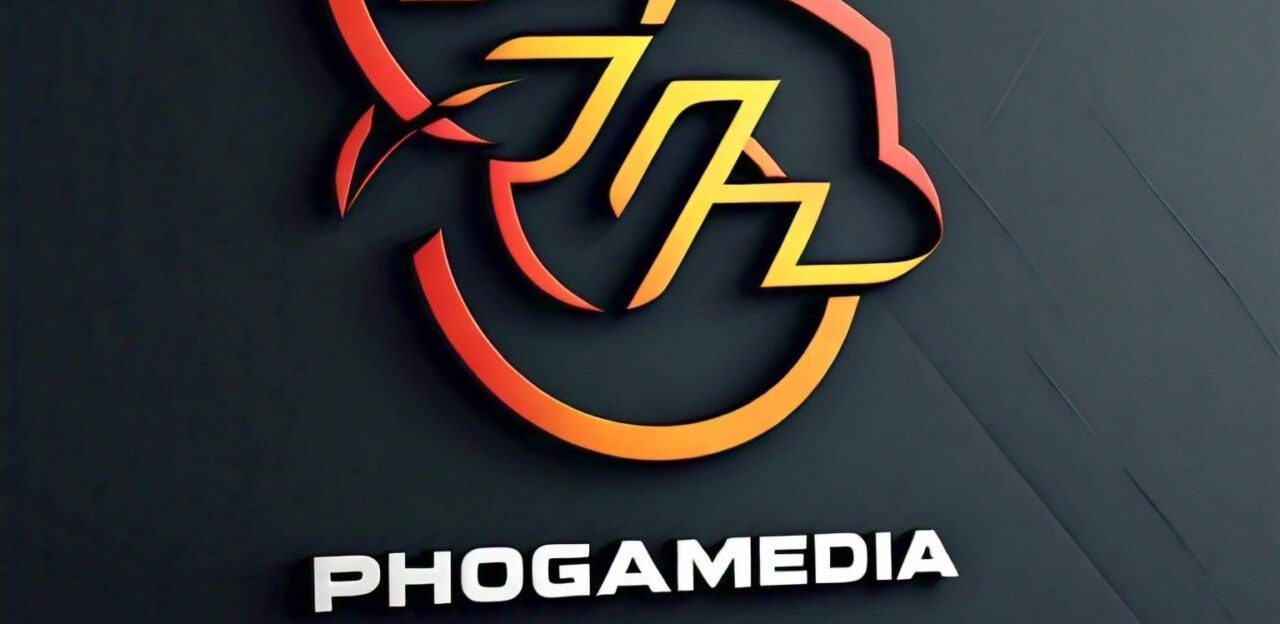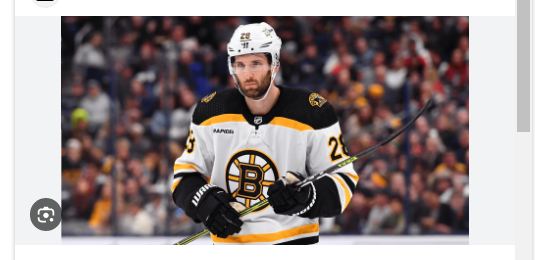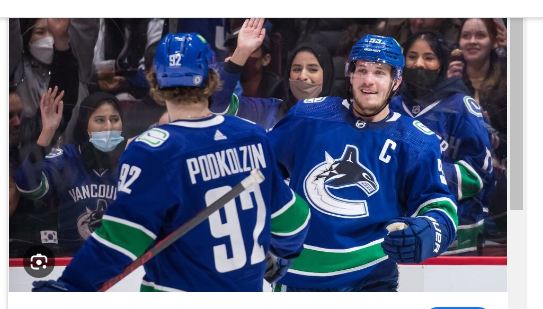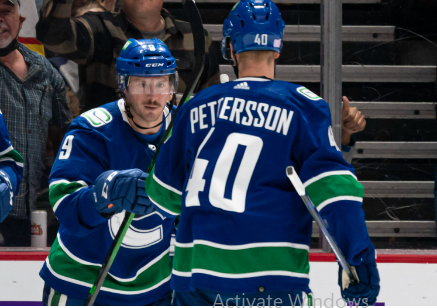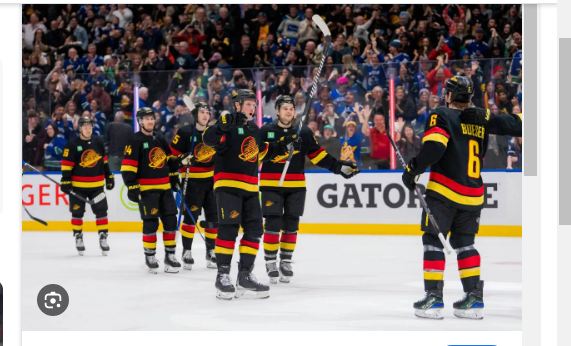Where the Vancouver Canucks Stand After Free Agency
The Vancouver Canucks had an active free agency period, signing Jake DeBrusk, Danton Heinen, Kiefer Sherwood, and Derek Forbort. With these additions, fans are curious if the team is poised for a better performance in the 2024-25 season. Here’s an analysis of the current roster.
Forward Depth
The projected opening night forward lineup is:
– Danton Heinen – JT Miller – Brock Boeser
– Jake DeBrusk – Elias Pettersson – Nils Höglander
– Conor Garland – Teddy Blueger – Dakota Joshua
– Kiefer Sherwood – Pius Suter – Vasily Podkolzin
Extras: Phil Di Giuseppe, Nils Åman
With DeBrusk on a seven-year deal at $5.5 million per year, Pettersson now has a proven top-six winger capable of scoring. DeBrusk brings goals, speed, grit, and a strong net-front presence, although he can be inconsistent. Pettersson’s performance will be crucial, especially if he can build chemistry with DeBrusk. Heinen, who has previously played with DeBrusk in Boston, adds versatility and grit. Sherwood, known for his physical play, was a notable opponent during the playoffs with Nashville. The third line, featuring Garland, Joshua, and Blueger, remains intact, making the Canucks’ forward group tougher overall.
Defensive Strength
The projected defensive pairings are:
– Quinn Hughes – Filip Hronek
– Carson Soucy – Tyler Myers
– Derek Forbort – Vincent Desharnais
Extras: Noah Juulsen, Mark Friedman
The Canucks aimed to physically bolster their blueline. Tyler Myers, re-signed for three years, stands at 6’8″. Forbort (6’4″, 214 lbs) and Desharnais (6’7″, 226 lbs) are physical defensemen expected to improve the penalty kill, though they’re limited to bottom-pair roles. However, the lack of puck-moving defensemen beyond Hughes and Hronek, who are on the same pairing, is a concern. Myers has some puck-moving ability, but not at the desired level, and overall speed on the blueline is lacking.
Goaltending Outlook
The Canucks hope for a healthy season from Thatcher Demko. Arturs Silovs’ strong playoff performance positions him as a potential backup, though he hasn’t yet signed a new contract. The Canucks also added Jiří Patera. Silovs’ future role is promising, but the Canucks need to manage his development carefully.
Overall Assessment
The Canucks’ forward group appears improved with added grit, speed, and scoring potential. The defense, while physically stronger, lacks sufficient puck-moving ability beyond the top pairing. The goaltending situation hinges on Demko’s health and Silovs’ continued development. Compared to the previous roster, the current team shows potential but isn’t a significant upgrade from the squad that lost to the Oilers in Game 7. The Canucks may need to acquire a puck-moving defenseman to elevate their performance. Overall, the team is building towards competitiveness next season, with further moves likely to come.
The Vancouver Canucks Goaltender Balancing Act
The Canucks’ goaltender situation has evolved, now focusing on balancing a veteran presence with developing talent.
Goaltender Roles
Previously, veterans like Braden Holtby and Jaroslav Halák were brought in to support Thatcher Demko. However, the Canucks’ management struggled with these decisions. Spencer Martin was a cost-effective option until Demko’s injury revealed his limitations. Casey DeSmith, acquired from Montreal, filled the backup role effectively but was replaced by Silovs after an injury. Despite letting DeSmith go, the Canucks reconsidered re-signing him for his reliability.
Development Strategy
Jiří Patera’s signing surprised fans, given Silovs’ impressive playoff run. The Canucks want to ensure Silovs gets adequate development time in the AHL, rather than thrusting him into the NHL too soon. Silovs’ nine NHL regular-season games and playoff experience highlight his potential, but more AHL starts will help him refine his game, particularly in tracking the puck through traffic.
Financial Considerations
Silovs has yet to sign with the Canucks, but his restricted free agent status limits his options. The Canucks aim to offer a fair deal, recognizing the value of his development in the AHL. Patera’s $400,000 AHL salary could deter other teams from claiming him off waivers, ensuring Silovs can step up if needed.
Future Outlook
Silovs’ potential as an NHL starter is clear, and the Canucks are committed to nurturing his development. Vancouver’s history of strong goaltending, from Roberto Luongo to Thatcher Demko, sets a high standard for Silovs to meet. The Canucks’ cautious approach aims to ensure long-term success in the net, potentially giving them two decades of top-tier goaltending.
In summary, the Canucks’ goaltending strategy is focused on careful development, ensuring Silovs gains the experience needed for an NHL starter role while balancing the immediate needs of the team.
